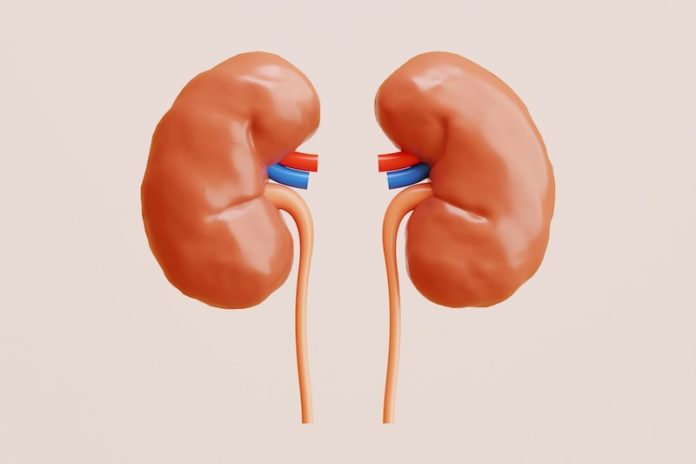
People with type 2 diabetes face a high risk of developing heart disease, strokes, heart failure, and kidney failure. Managing blood sugar levels is important, but preventing these serious complications is just as crucial.
Now, researchers at Monash University and other institutions have found that a specific type of medication not only helps lower blood sugar but also reduces the risk of heart and kidney disease—and it is a cost-effective treatment option.
A Medication That Protects the Heart and Kidneys
The medication, known as sodium-glucose co-transporter 2 inhibitors (SGLT2is), is already used to lower blood sugar in people with type 2 diabetes. However, this new study focused on its benefits for heart and kidney health and whether it is a good economic choice for governments to support.
The study is the first to specifically evaluate whether SGLT2 inhibitors are cost-effective based only on their ability to protect the heart and kidneys, rather than just controlling blood sugar. The results showed that this medication is a valuable treatment option for all people with type 2 diabetes, even those who do not have trouble managing their blood sugar levels.
Since 2019, clinical guidelines have already acknowledged the heart and kidney benefits of SGLT2 inhibitors. However, the study’s findings suggest that the Pharmaceutical Benefits Scheme (PBS) in Australia may need to review the prescribing criteria for this medication to make it more widely available.
While this is promising news for people with type 2 diabetes, researchers also note that governments must balance healthcare costs when deciding how to fund treatments for various diseases.
The Growing Impact of Diabetes
According to Diabetes Australia, nearly 1.9 million people in the country have diabetes, including an estimated 500,000 people who have type 2 diabetes but do not yet know it.
Heart disease and kidney disease are two of the most common complications of diabetes. Over time, high blood sugar can damage blood vessels and organs, especially the kidneys, which are responsible for filtering waste and maintaining fluid balance in the body.
When blood sugar remains high for too long, it can harm the small blood vessels in the kidneys, leading to a condition called diabetic nephropathy. This is one of the leading causes of kidney disease and can slowly progress to end-stage kidney disease, where the kidneys can no longer function properly. At this stage, patients may require dialysis or a kidney transplant to survive.
Because people with diabetes are at a much higher risk of developing kidney disease, it is important to take preventative steps. This includes:
- Keeping blood sugar, blood pressure, and cholesterol under control
- Making healthy lifestyle choices, including diet and exercise
- Taking medications that help prevent complications
- Having regular check-ups with a doctor
How You Can Take Care of Your Heart and Kidneys
While medications like SGLT2 inhibitors can help, lifestyle choices also play a major role in reducing the risk of heart and kidney disease. Some research suggests that:
- Olive oil may help lower cholesterol, a key risk factor for heart disease.
- Honey could help stabilize blood sugar levels when used in moderation.
- Drinking coffee might help reduce the risk of kidney damage.
A Step Forward in Diabetes Treatment
This study, led by Jedidiah Morton and colleagues, provides strong evidence that SGLT2 inhibitors are a cost-effective way to protect the heart and kidneys in people with type 2 diabetes. The results suggest that expanding access to these medications could help prevent serious complications, improving the lives of millions of people worldwide.
The findings were published in Diabetologia.
If you care about diabetes, please read studies that MIND diet may reduce risk of vision loss disease, and Vitamin D could benefit people with diabetic neuropathic pain.
For more information about diabetes, please see recent studies that Vitamin E could help reduce blood sugar and insulin resistance in diabetes, and results showing eating eggs in a healthy diet may reduce risks of diabetes, high blood pressure.
Copyright © 2025 Knowridge Science Report. All rights reserved.



